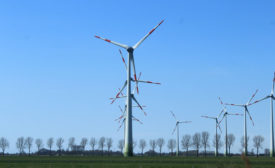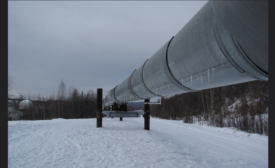Sustainability in Health and Safety
States use training, videos, WaterSense program to improve water conservation efforts
Widespread shortages expected
October 7, 2019
Never miss the latest news and trends driving the safety industry
eNewsletter | Website | eMagazine
JOIN TODAYCopyright ©2024. All Rights Reserved BNP Media.
Design, CMS, Hosting & Web Development :: ePublishing









